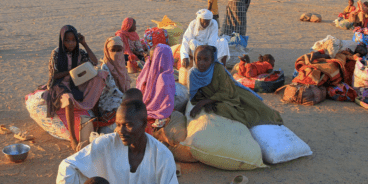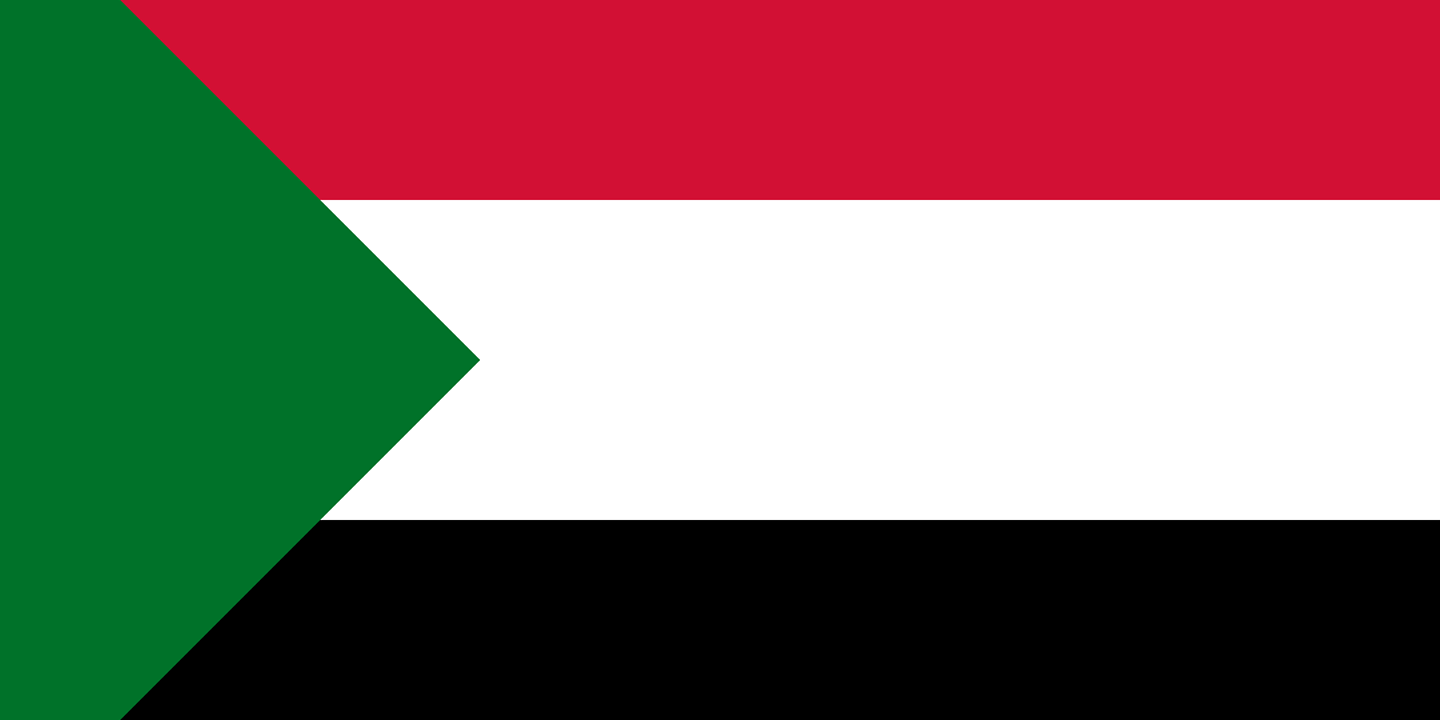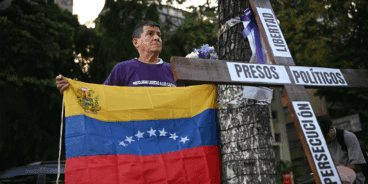

Sudan: civil society calls for a UN Human Rights Council special session on El Fasher
To Permanent Representatives of Member and Observer States of the United Nations (UN) Human Rights Council (Geneva, Switzerland)
The Human Rights Council should convene a special session on Sudan to address the situation in and around El Fasher, North Darfur, and ensure urgent investigations
Your Excellencies, In light of the situation in and around El Fasher, North Darfur, which after 18 months of siege fell to the Rapid Support Forces (RSF), with credible reports that crimes under international law are being committed, including in the form of targeted ethnic violence, and with risks of further atrocities in North Darfur and throughout Sudan, the UN Human Rights Council should urgently convene a special session.
The Council should task the Independent International Fact-Finding Mission (FFM) for the Sudan to prepare a flash report to document atrocities being committed in and around El Fasher. The report should include recommendations to all parties to the conflict and assess the role of external actors with a view to ensuring that those individuals and entities responsible for violations are identified and held accountable. The FFM should be asked to share all relevant information with the International Criminal Court (ICC) to inform the Court’s investigations.
After the Council concluded its 60th regular session (8 September-8 October 2025), during which it extended the FFM’s mandate for a year, the situation in Sudan continued to deteriorate, in particular in North Darfur and in the Kordofan region. The clear message in support of investigations and accountability the Council sent by adopting resolution 60/3 requires follow-up to specifically address these new developments.
On 27 October 2025, the UN High Commissioner for Human Rights indicated that his Office was “receiving multiple, alarming reports that the [RSF] are carrying out atrocities, including summary executions, after seizing control of large parts of […] El Fasher, North Darfur and of Bara city in North Kordofan state […].” He added that “[t]he risk of further large-scale, ethnically motivated violations and atrocities in El Fasher is mounting by the day,” especially as reports point to “ethnic motivations for killings” of civilians and persons hors de combat. “Given past realities in North Darfur, the likelihood of sexual violence against women and girls in particular is extremely high,” he also warned.
Civil society organisations have also raised the alarm. In a statement, the Global Centre for the Responsibility to Protect (GCR2P) stressed that “[t]his is not only a humanitarian emergency; it is an atrocity crisis deepening by the day. The fall of El Fasher marks a critical point of no return. Without immediate and decisive action, the city could soon become the site of another mass atrocity etched into Darfur’s tragic history.” Human Rights Watch analysed and verified dozens of videos showing RSF fighters celebrating over large numbers of dead bodies, both in uniform and civilian clothes, executing apparent civilians, and taunting, abusing, and killing severely injured people.
~ ~ ~
The international community has a responsibility to act urgently to prevent the commission of large-scale atrocities, to intensify the pressure on external actors fuelling Sudan’s conflict, including the United Arab Emirates (UAE), and to fight impunity and advance accountability for violations, some of which amount to crimes under international law.
The FFM has presented its report to the UN General Assembly’s Third Committee and action is considered at the Security Council. The Human Rights Council also has a responsibility to uphold its prevention mandate and to address the crisis in El Fasher in a way that centres the voices of Sudanese victims, survivors and civil society.
The FFM has the mandate, expertise and experience to independently investigate and report on violations committed by all parties throughout Sudan, including the Sudanese Armed Forces (SAF), the RSF, and their allied forces. It should be asked to prepare an urgent flash report on the situation in and around El Fasher and to present to the Human Rights Council at the earliest opportunity, and it should be given resources to support this additional task. It also has a mandate to cooperate and share best practice with other international, regional and domestic accountability initiatives. This includes the ability to share evidence with the ICC, whose jurisdiction (currently covering Darfur) should be expanded to cover Sudan’s entire territory.
Consequently, we urge all Members and Observers of the Human Rights Council to support the urgent convening of a special session on the situation in and around El Fasher, North Darfur, with a view to adopting a resolution that, among other elements:
-
-
- Requests the FFM to prepare a flash report on the situation in and around El Fasher, North Darfur, and risks of atrocities throughout Sudan, which includes recommendations to all parties to the conflict and an assessment of the role of external actors with a view to ensuring that those individuals and entities responsible for violations are held accountable, to be presented during an inter-sessional briefing or in any other format, in a manner that reflects the urgency of the situation, by 31 December 2025;
- Also requests the FFM to share relevant information or evidence it collects with the International Criminal Court, to support the Court’s investigations into atrocities, and recalls the important role of the ICC in holding perpetrators of international crimes to account;
- Recommends that the General Assembly submit the reports of the FFM to the Security Council for its consideration and appropriate action; and
- Requests the Secretary-General to provide all the resources necessary to enable the Office of the High Commissioner to provide the administrative, technical and logistical support as is required to implement the provisions of Sudan-focused resolutions adopted in the context of the Human Rights Council’s regular and special sessions. These resources should be adequate to enable the FFM, which is currently severely under-resourced,6 to collect and preserve evidence in support of accountability processes.
-
A special session should start with presentations by a victim, survivor and/or witness, and at least one Sudanese civil society speaker, as well as international and regional human rights experts, including the FFM, the High Commissioner for Human Rights and the African Commission on Human and Peoples’ Rights. To centre the voices of those directly affected by the crisis, the Secretariat of the Council should endeavour to facilitate the participation of strong Sudanese voices, including at least one person from within the country or who has fled El Fasher/ North Darfur.
We thank you for your attention to these pressing issues and stand ready to provide your delegation with further information as required.
Sincerely,*
- African Centre for Justice and Peace Studies (ACJPS)
- AfricanDefenders (Pan-African Human Rights Defenders Network)
- Asian Forum for Human Rights and Development (FORUM-ASIA)
- Burkinabè Human Rights Defenders Coalition (CBDDH)
- Cairo Institute for Human Rights Studies (CIHRS)
- Coalition for Genocide Response
- Committee for Justice (CFJ)
- CSW (Christian Solidarity Worldwide)
- Darfur Advocacy Group
- DefendDefenders (East and Horn of Africa Human Rights Defenders Project)
- Fikra for Studies and Development (FikraSD)
- Geneva for Human Rights – Global Training & Policy Studies (gva4HR)
- Global Centre for the Responsibility to Protect (GCR2P)
- Global Human Rights Defence (GHRD)
- Humanists International
- Human Rights Watch
- The International Bar Association’s Human Rights Institute (IBAHRI)
- International Commission of Jurists (ICJ)
- International Federation for Human Rights (FIDH)
- International Service for Human Rights (ISHR)
- Journalists for Human Rights (JHR) – Sudan
- Mouvement contre le Racisme et pour l’Amitié entre les Peuples (MRAP)
- Network of the Independent Commission for Human rights in North Africa (CIDH AFRICA)
- PAX
- The Strategic Initiative for Women in the Horn of Africa (SIHA)
- Sudanese Human Rights Monitor (SHRM)
- Sudanese Women’s Rights Action
- Sudan Human Rights Defenders Coalition (SudanDefenders)
- Sudan and South Sudan Forum e. V.
- Women Deliver
*The list of signatories as of 3 November. For additional signatories, see the letter on DefendDefenders website here.
Related Content


Letter to UN Human Rights Council members on atrocity prevention priorities at the Council’s 61st session
